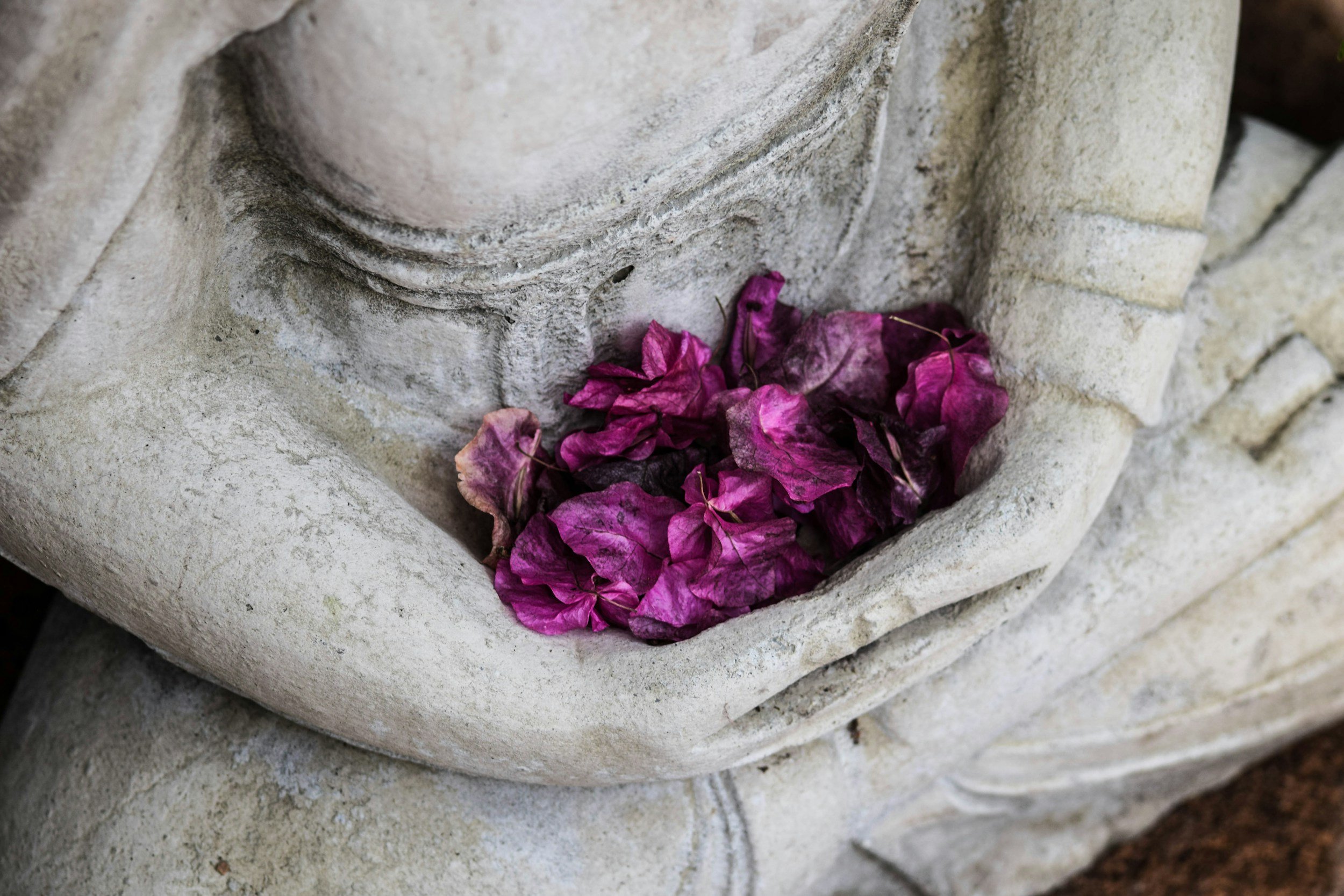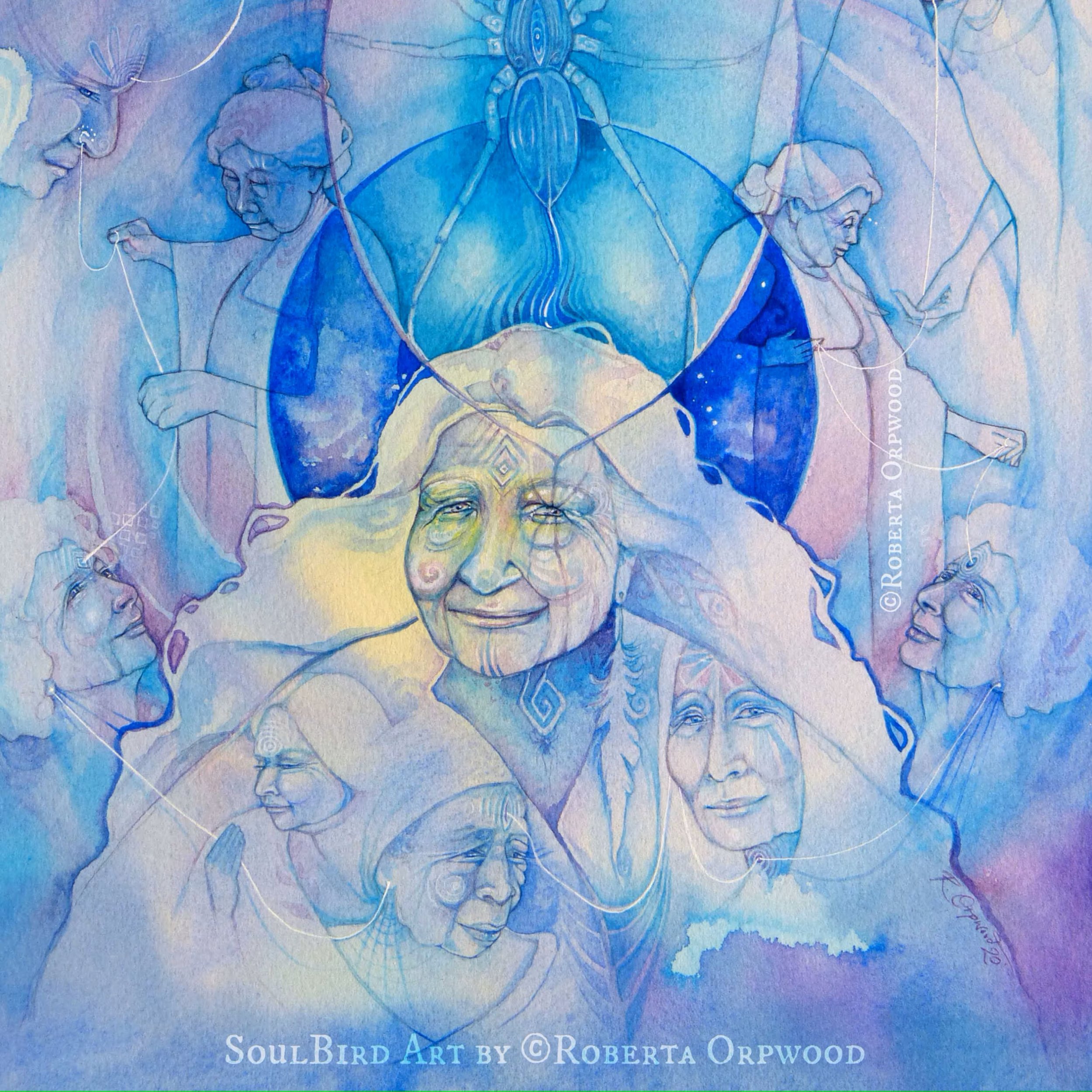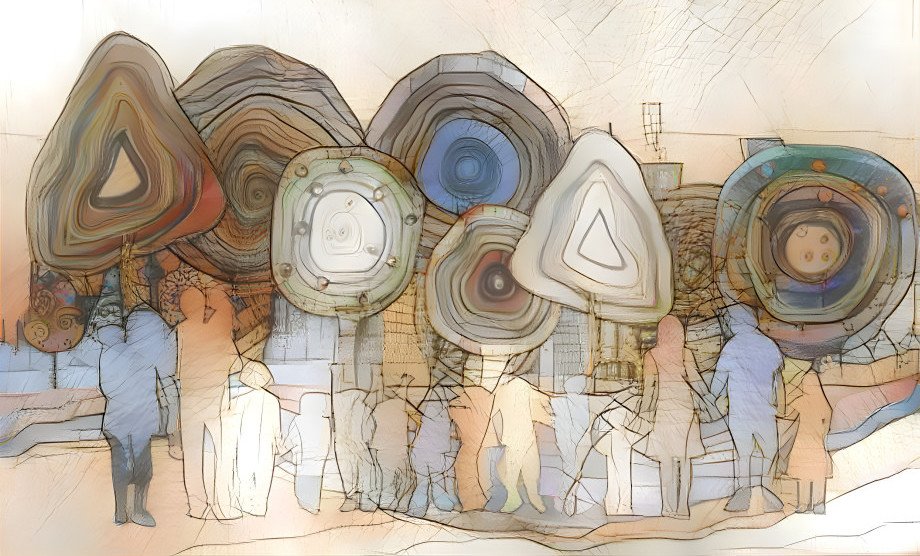
Workshops Available
No results found
Relational-Integrative EMDR is an transpersonal EMDR framework that was created by Accredited Mental Health Social Workers Michele Bowes and Amy English in 2020. As NSW Victims Services Counsellors working with complex trauma, relational healing quickly became the core of their work with Michele working with EMDR and integrating AF EMDR, parts work, Compassion-Focussed Therapy and Imagery Rescripting since 2015 and with Amy training in EMDR a few years later. Both quickly continued their passion for integrating styles of therapy as Seva Therapists acknowledge that all individuals are multifaceted; requiring a relational approach to healing. Both training in attachment informed EMDR (ai-EMDR) with Mark Brayne from EMDR Focus in the UK in 2020 brought further knowledge and passion to their work.
Diving into their passion for EMDR and attachment-informed EMDR, Resource Therapy (Advanced Parts Work - Clinical Resource Therapists and Trainers) and Somatic Integration Processing Practitioners - both Michele and Amy sought a way to adapt a framework that honoured how they each worked and elements of their client’s whole experience. Relational-Integrative EMDR (RI-EMDR) was born and used during live demonstrations which became known as EMDR in a Fishbowl Workshops. This approach integrates ai-EMDR, Clinical Resource Therapy, Imagery Rescripting, Compassion Focused Therapy, SIP and Somatic Work.
After the successful launch of EMDR in a Fishbowl in 2022 (a series of live demonstrations using a Relational-Integrative EMDR (RI-EMDR) approach between facilitator and volunteer) - requests for training in the approach that both Michele and Amy were using, grew.
Both Michele and Amy as EMDR Consultants and Advanced EMDR Trainers are proud to share their passion, creativity and enthusiasm in this approach and with like-minded Therapists; acknowledging that the heart of SEVA Training is to serve who matter the most; our clients and our communities.
‘Relational-Integrative EMDR (RI-EMDR) is an transpersonal approach that gently combines the basic elements of Attachment Informed EMDR, Advanced Parts Work, Imagery Rescripting, Somatic/Body work and Spirituality. With deep attention to relationships of the client, understanding of parts and self, culture, with a depth of working with the whole person; including their body, spirit, community, and ancestors. It was developed to support people who carry not only personal trauma but also deep, long-standing wounds such as childhood neglect, intergenerational harm, and collective experiences of relational trauma.
Unlike the standard protocol of EMDR, which follows a strict set of steps, RI-EMDR works within the Standard EMDR protocol whilst maintaining flexibility, with a focus on relational work. It moves at the pace of the person’s nervous system and centres the trust between the therapist and the client (along with their parts). This trust becomes the ground where safety and healing can grow. For people who have experienced trauma in relationships—especially early in life—it’s often the relationship with the therapist that begins to repair what was once broken.
RI-EMDR is also a decolonised way of practicing therapy. It makes space for ancestral wisdom, spiritual connection, and cultural traditions that are often ignored or dismissed in Western psychology. Rather than focusing only on the mind or behaviour, it sees each person as part of a larger web—of family, land, spirit, and story. It welcomes dreams, rituals, body knowledge, and the guidance of ancestors into the healing space. Acknowledging and validating all the parts within bringing about harmony and balance within. In this way, RI-EMDR returns to older ways of knowing that many cultures have carried for generations; ways that honour the sacred.
This transpersonal approach is especially helpful for people who live with complex trauma, including those whose pain is rooted in violence, systemic oppression, or disconnection [with Self, personality parts and others]. RI-EMDR does not try to "fix" people or pathologise them. Instead, it helps them reconnect with their inner strength, their community, and the innate wisdom they carry. Healing is seen as a relational and spiritual journey, not just an individual task.’








